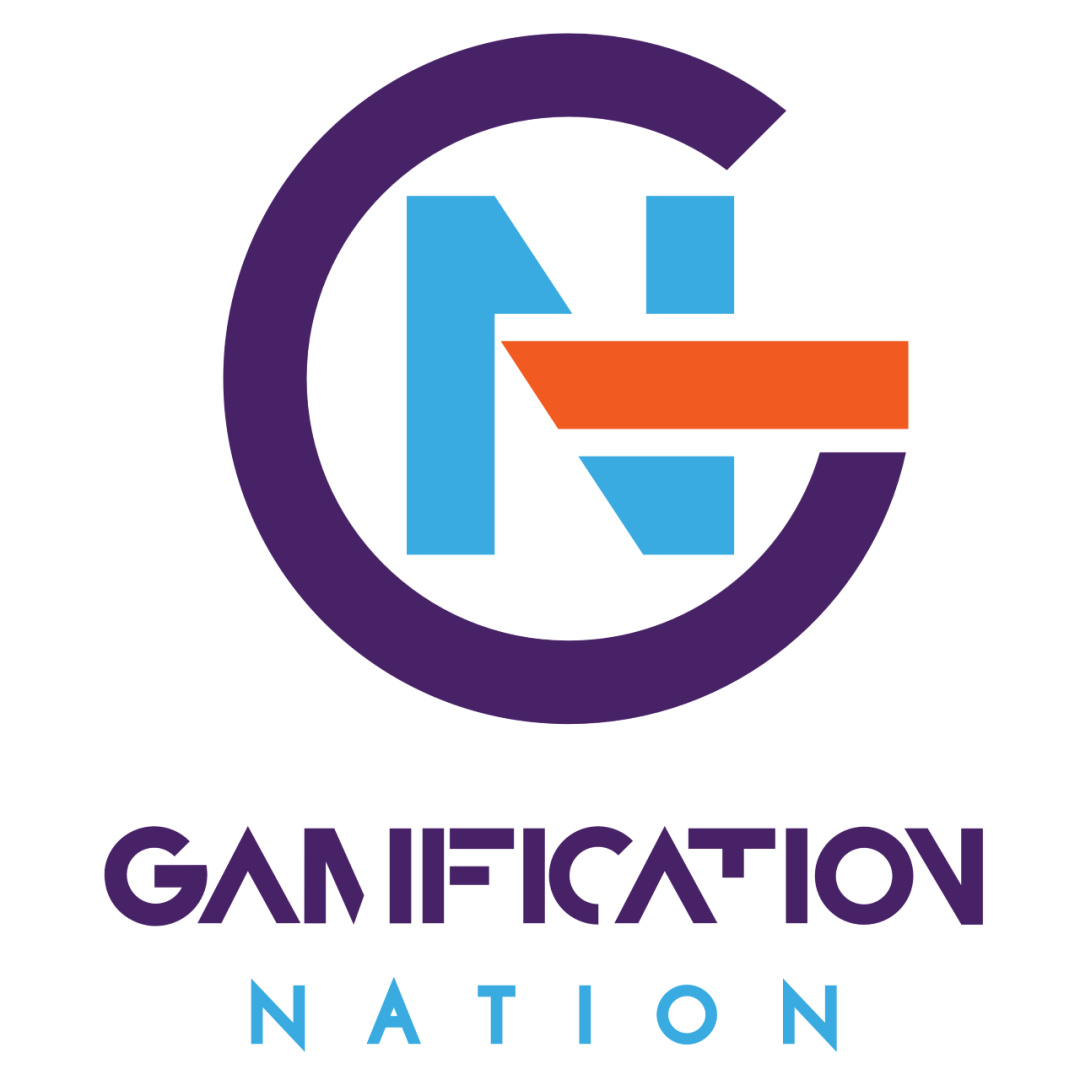Having attended Stockholm Tech Fest earlier this week, it was interesting to hear from Electronic Arts what they are experimenting with for gaming purposes. They are actively testing out neural networks in artificial intelligence (AI) to come up with bots we can play against. One of the challenges they face is that a self-teaching bot will over time become so good that playing against it is no longer fun. Balancing this with meaningful game play adjusted to the players level is where they were aiming for, if I was reading between the lines, because it wasn’t specifically mentioned.
One of the comments made by the EA speaker was that gaming would change more in the next 5 years than it has done in the last 40. I personally believe gamification and building gamified experiences will follow suit.
If I look at the workplace software, all major corporation in technology are working on AI improvers for all of these items. From robots and chatbots that will help you find things, to algorithms that will be the next team member of the leadership team, because they have the capacity to digest and analyse the data on a way larger scale than humans can.
A lot of individuals in the gamification industry are predicting that the field will be morphed into something else whether it is customer and employee experience or user experience, the jury seems to be still out there. In my experience the corporate appetite and understanding of gamification at least for now is still growing in the EMEA and APAC regions. With a swing towards numbers of people using technology to the Asian markets, I would dare to predict gamification will not slow down for some time.
I personally believe it will become more like a standard feature for many of our software tools and mobile applications. First mover platforms are finding that the one size fits all approach is not working. This is something we have been saying from the start. With the development of technology with smarter algorithms, the reach and adaptation of specific game mechanics tailored to individuals will increase. As a consultant in this space we are also receiving more and more enquiries from platforms and apps to improve their engagement and often the question arises around nudging behaviour in a certain way with user opt-in as a core recommendation.
The balance between psychology and mechanics is still something humans master more than the current algorithms out there. With training and human interaction however this will continue to improve. Personally I find it exciting to explore and test out new technology to see if I can make it work.
My thinking is that gamification will find similar shifts to the game world thanks to neural networks, machine and other deep learning techniques. The worker won’t be replaced in all areas, what will find is a bunch of bots becoming part of of our team both at a corporate, team and personal level. The interactions we have will still be more fun with game mechanics and if you look at the trends in social media, the number of game mechanics is only increasing. Wiser and more interesting use is found for them.
It is in the gender, culture and age differences, where we still have a lot of room for exploration of what works best or better given age, culture and race both from a motivational perspective as well as designing meaningful experiences. I see the next 5 years as an opportunity to truly make a difference with what we do, obviously with the ethical add-on, that it needs to be for the greater good of humans and the planet and not just corporate profits or other less nurturing objectives.
What do you think the future holds for gamification for business?



